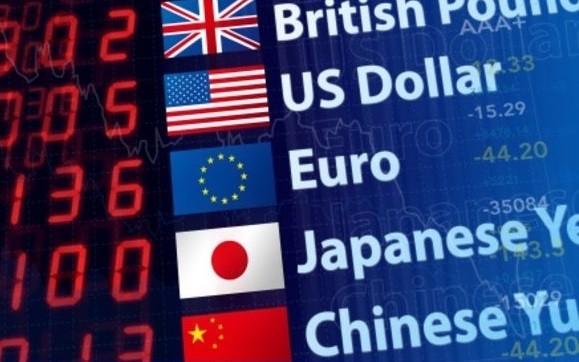Dollar dips on U.S. bond yields, Thanksgiving hangover

LONDON : The dollar retreated against its major currency peers on Friday, a pullback in U.S. bond yields spurring some profit-taking as it headed for its best run in almost two years.
Expectations of rises in U.S. inflation and interest rates have driven the greenback to a more than 6 percent gain over October and November, its strongest showing over a similar period since early 2015.
Most currency players expect the gains to continue, but the combination of Thanksgiving, the processing of corporate flows before the month-end and perceived risks looming for markets in the first half of December led some to cash in gains now.
The Australian and New Zealand dollars also both got some help from rises in iron ore prices and bullish trade figures respectively.
“U.S. yields gapped higher at open but we have been unable to hold those gains and that has encouraged some profit-taking,” Jeremy Stretch, CIBC head of currency strategy in London, said.
“There is a degree of consolidation (but) there is still a consistent bias that means the dollar will remain pretty much supported into the Fed meeting next month. The message seems to be take some profit and we will be looking to go again.”
After hitting an 8-month high of 113.90 yen in Asian trading, the dollar was down 0.3 percent on the day at 112.97 yen, still on track for a more than 2 percent gain on the week.
The euro rose half a percent to $ 1.0603 after dropping to $ 1.0518 on Thursday, its lowest since March 2015.
“The euro’s indulging in a bit of … short-covering, and I suppose it can benefit from quiet, thin markets,” Societe Generale strategist Kit Juckes said.
“At the very least, dollar-yen is a buy on dips in this environment. Our target is 120 next year, but our 114 forecast for March could be reached a week after we revised it. If this move continues at the recent pace the whole 2017 USD rally might have been done by the time 2017 even begins.”
Emerging market equities and currencies have been hit hard by the spectre of higher U.S. interest rates and the prospect of U.S. trade protectionism under President-elect Donald Trump.
The Turkish lira, for example, slumped to a record low even as its central bank raised interest rates for the first time in nearly three years on Thursday. The lira was hurt as European Union lawmakers called for a temporary halt to EU membership talks with Ankara.
Some expect a further sell-off in emerging markets to eventually revive demand for the flagging yen, normally a go-to currency in times of market tumult, along with the Swiss franc.

